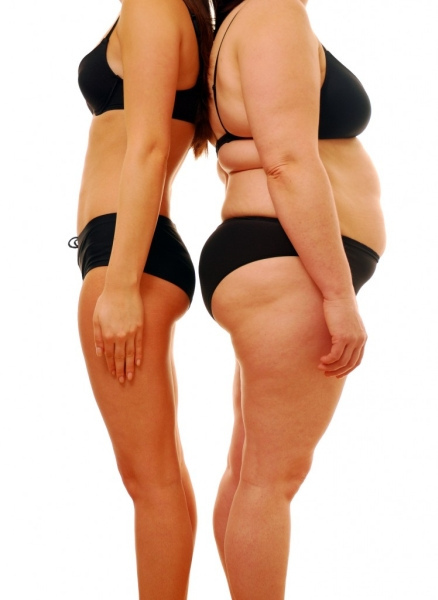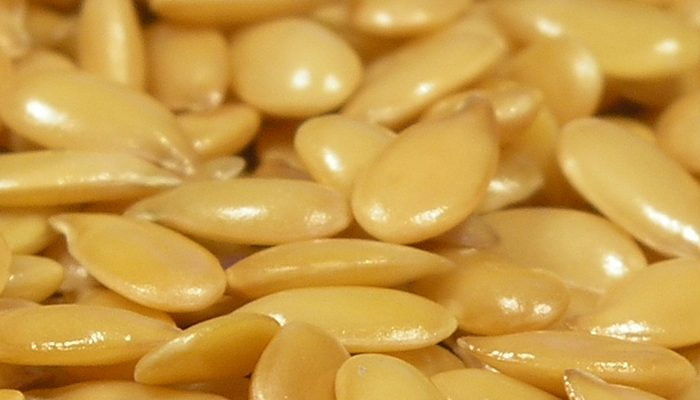
by admin | Apr 1, 2014 | Weight Loss
Introduction: The research is quite clear that safe and effective weight loss is not about will power or deprivation. Ultimately weight loss success is most often attributed to strategies and tools that impact appetite and portion control. In particular, the ability...

by admin | Mar 31, 2014 | Natural Facts
The importance of plant-based antioxidants The terms “antioxidants” and “free radicals” have become pretty common in recent years. Loosely defined, a free radical is a molecule that can bind to and damage a part of the body. Free radical or “oxidative” damage is what...

by admin | Mar 25, 2014 | Natural Facts
Many of us, especially as we get older, experience the aches and pains of arthritis. Fortunately, there are several things we can do to help reduce the symptoms. Achieving an ideal body weight can help reduce stress on joints, and in turn ease pain. You can also try...

by admin | Mar 25, 2014 | Natural Facts
Introduction Elevated blood pressure (high BP) or hypertension is a major risk factor for a heart attack or stroke. More than 60 million Americans have high BP, including more than half (54.3%) of all Americans 65 to 74 years of age and almost three-quarters (71.8%)...

by admin | Mar 24, 2014 | Natural Facts
When you can’t sleep, the temptation to pop a sleeping pill is strong. But did you know you could be risking your life? There’s a large body of research indicating that sleeping pills may contribute to as many as 500,000 deaths each year in the United States....








